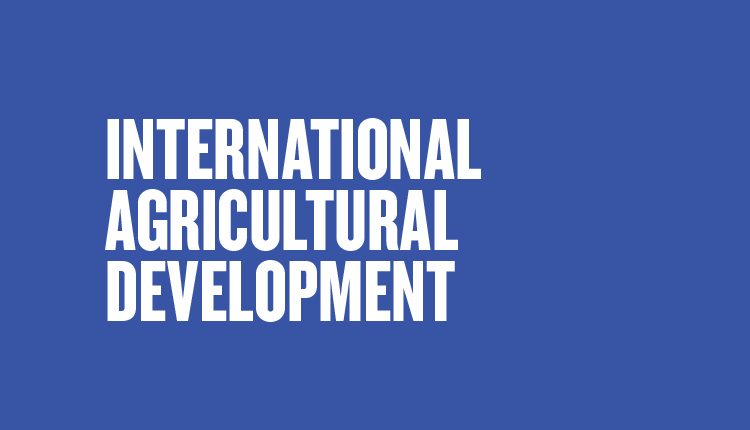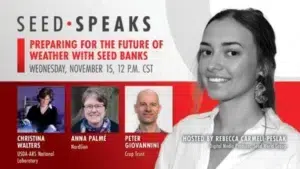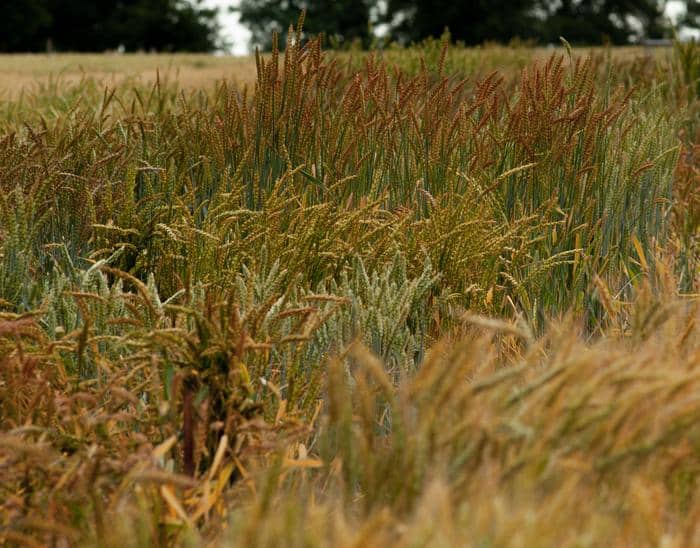Alan Walters holds deep passion for helping U.S. farmers produce vegetable crops more efficiently while achieving greater quality and higher yields. His cucurbit production oriented research has increasingly attracted global attention far beyond the bounds of his U.S. origin. Such attention resulted in him being named a prestigious Fulbright Research Scholar as well as being invited to conduct field research in Morocco in conjunction with the Moroccan national agricultural research organization (INRA).
He has come to realize that small projects can often make an individual’s life better than some of the larger projects funded by various governments or non-governmental organizations. “Those too often do not trickle down to have an effect on the day-to-day lives of many in the populace. Agriculture is important to all of us and a way to improve the lives of the people is to improve their food security,” shares Walters.
A professor of Vegetable Production and Breeding, much of Walters’ research activity since joining the faculty at Southern Illinois University in 1998 has focused on different applied cultural management issues in vegetable production. Over the years he has become heavily engaged at the international level. During two trips in 2007, he conducted his first local vegetable landrace research at an international location.
Conducting international research in support of agricultural development resonated with him. “This is a great way for me to make a difference in global agriculture, since much of the world’s food is still produced using landraces. Poorer, subsistence growers cannot afford the extra expense to purchase seed,” notes Walters.
Since that first sabbatical, he has worked on water management and irrigation techniques for vegetable production in Afghanistan, horseradish production and breeding in Austria, and cucurbit vegetable pollination in Brazil. In all, 11 research trips to far-flung locations have been devoted to this set of production topics.
Most recently his international focus has been devoted to vegetable crop landrace research in Morocco. This has included preparatory work for his Fulbright research effort.
Collection of the Moroccan melon (cantaloupe and watermelon) landraces included in the study was accomplished by his INRA colleagues. Walters is presently conducting the evaluation phase, which includes field production under low-input regimes. Evaluation includes assessment for morphological characteristics including various fruit quality measures and yield. To conclude the project, the better landrace materials will be multiplied and distributed to small growers. These small growers will then save adequate amounts of the improved seed from each harvest to meet successive planting requirements.
The high amount of vegetable crop diversity in Morocco is thought to result from long-term adaptation to drought, cold and saline conditions.
This is particularly the case for areas of the Moroccan mountain and in oases at the edge of Sahara, according to Walters. While these examples are specific to Morocco, other farmers around the globe are engaged in low-input farming systems face problems unique to their environments and local vegetable landraces.
Ordinary folks, like Walters, do the extraordinary. Too often, we just don’t know about or fully understand their contributions. And if we do, may not grasp the significance.
Walters’ career path has been unique and he has accomplished much in a short time. Selection as a Fulbright Scholar alone sets him apart. His research experience in Morocco will position him to serve agriculture for years to come and likely in places presently unknown.
Intentional specialization in low-input vegetable production systems for American farmers, in many instances, yields highly transferable information that meets needs of farmers in other places. Collecting landrace materials, determining which landraces are better than others, multiplying the better ones and distributing improved seed to farmers is Walters’ forte. Enhancing farm level opportunities for local and sustainable vegetable production to improve food security is his goal.













